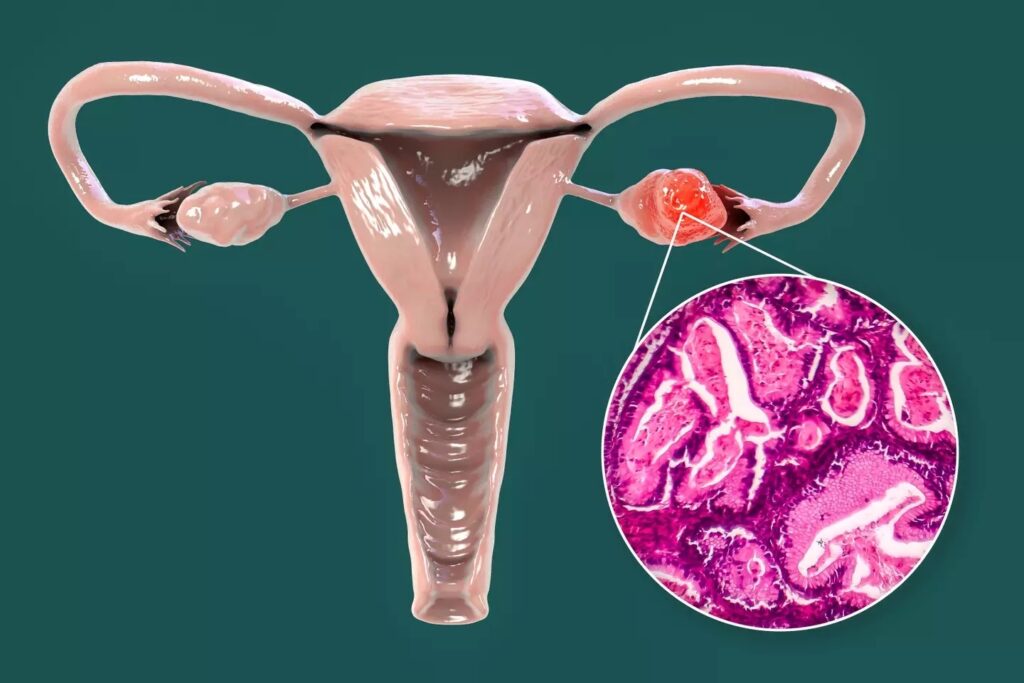Scientists at the University of Oxford are developing what could become the world’s first ovarian cancer vaccine, potentially offering a cure for the disease in the future.
According to the National Cancer Institute, an estimated 238,484 women in the US were living with ovarian cancer in 2021. If successful, the vaccine could save countless lives and offer hope to families globally.
The pioneering vaccine, named OvarianVax, is being developed by a team of researchers at Oxford. The vaccine is designed to train the immune system to detect and destroy ovarian cancer cells in their earliest stages. Lead researcher Ahmed Ahmed explained: “We need better strategies to prevent ovarian cancer. OvarianVax could provide a solution for women at high risk. Teaching the immune system to recognize the earliest signs of cancer is a difficult challenge, but new technology is giving us vital insights into how it detects ovarian cancer.”

Cancer Research UK, which is funding the project, said the team will identify specific proteins on the surface of early-stage ovarian cancer cells that the immune system can recognize. The vaccine’s effectiveness will be tested using lab-grown organoids, which mimic ovarian cancer cells.
Michelle Mitchell, Chief Executive of Cancer Research UK, emphasized the vaccine’s potential, stating: “Projects like OvarianVax mark an important step toward a future where cancer is much more preventable. This research is essential for achieving our goals to improve ovarian cancer survival rates.”
Despite the excitement, experts caution that it may take many years before the vaccine becomes available to the public. However, if early results are promising, the team will move forward with clinical trials.

Professor Ahmed remains hopeful: “We’re focusing on preventing the formation of the very first cancer cells, rather than treating or curing a full-blown tumor. Given the small number of cells we’re targeting, I’m optimistic about our chances. We’ve already seen the incredible impact of the HPV vaccine in preventing cervical cancer, and we’re hopeful for similar success with OvarianVax.”
